Top 6 Science Fiction Books for Engineers and Programmers
Delve into a curated list of science fiction novels tailored for technology enthusiasts, offering intricate scientific concepts and advanced technological explorations beyond the scope of conventional narratives. Science fiction stories for engineers and programmers.
-
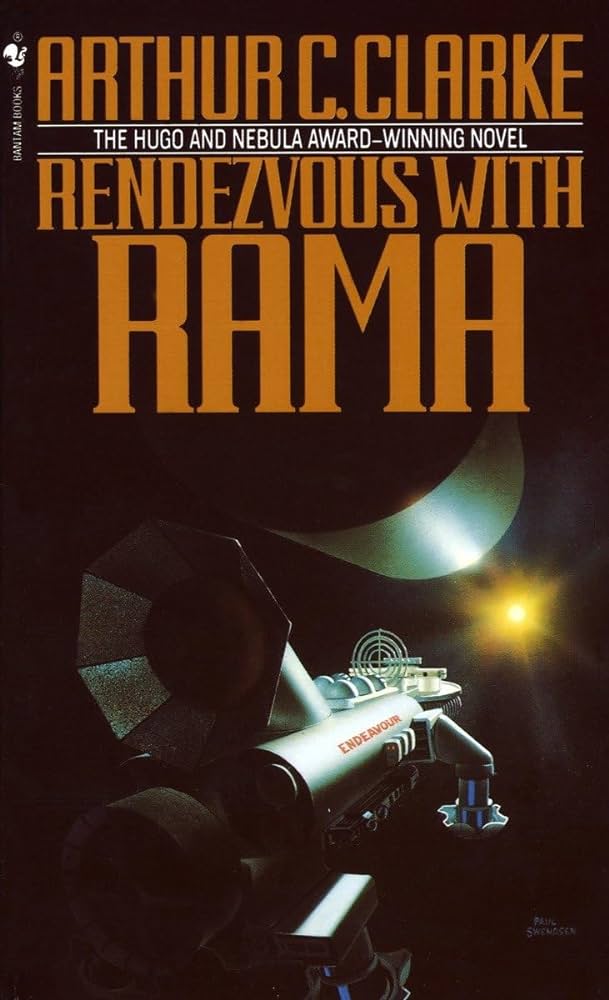
Rendezvous with Rama
Rendezvous with Rama by Arthur C. Clarke is a breathtaking journey into the unknown, offering readers a tantalizing glimpse into the mysteries of the cosmos. Set in the 22nd century, the novel follows a team of astronauts as they encounter a massive cylindrical object hurtling through space, known as Rama. As they explore this enigmatic artifact, they uncover wonders beyond imagination and confront the profound questions it raises about humanity's place in the universe. Clarke's evocative prose and masterful world-building create a sense of awe and wonder, drawing readers into a gripping tale of exploration, discovery, and adventure. A seminal work in the genre, Rendezvous with Rama continues to captivate audiences with its timeless exploration of the infinite possibilities of space and the boundless curiosity of the human spirit.
-
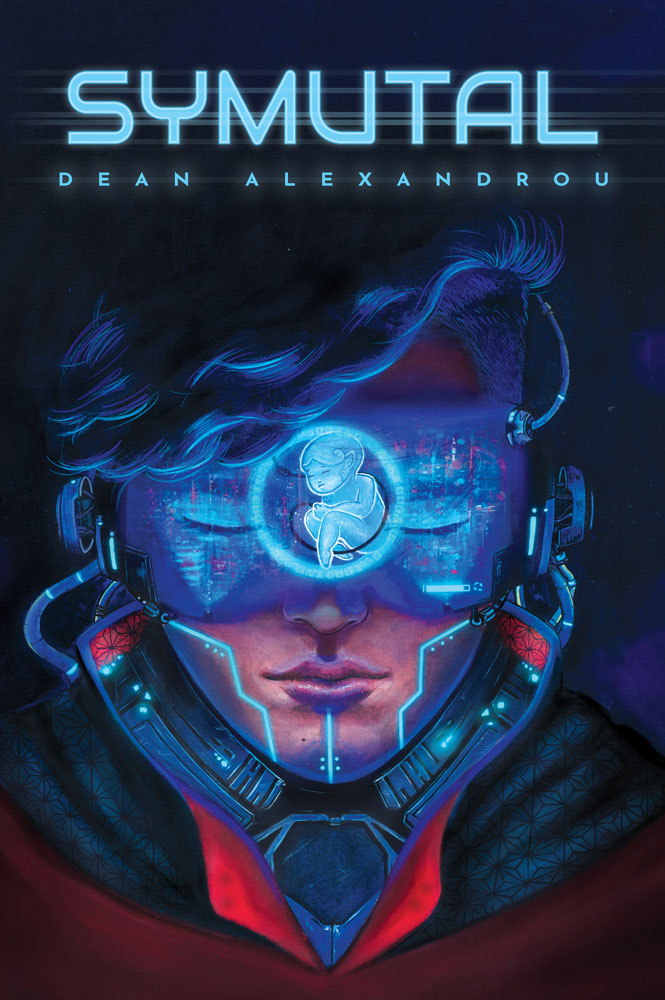
Symutal
Symutal by Dean Alexandrou propels readers into a dystopian future of 2057, where humanity confronts an existential threat from a pervasive global AI. Alexandrou's introduction of the term "Algorithm Singularity" encapsulates the novel's central concern: the encroaching dominance of artificial intelligence. As the narrative unfolds, exploring themes of resilience and the essence of humanity, readers are captivated by the intricate plot and vivid world-building. The excitement surrounding Symutal extends beyond the page, as it has been optioned for adaptation into a film. With its compelling storyline and cinematic potential, Alexandrou's novel promises to captivate audiences on the big screen, sparking conversations about the implications of technology and the future of humanity.
We give this a world shattering 92%. There are no other fiction books that go so deeply and accurately into the intricacies of how actual programming concepts might manifest themselves in a Matrix-like world. -

Snowcrash
Snow Crash by Neal Stephenson is a cyberpunk classic that pushes the boundaries of imagination with its blend of futuristic technology, linguistics, and relentless action. Set in a dystopian America where the virtual Metaverse and the real world collide, Stephenson introduces readers to the concept of the "Snow Crash" virus, a digital weapon capable of infecting both minds and computers. With its sharp wit, intricate world-building, and prescient commentary on the power of information and the dangers of unchecked capitalism, Snow Crash captivates from the first page to the last, leaving a lasting impact on the cyberpunk genre and beyond. Its influence reverberates in popular culture, inspiring countless works of fiction and serving as a touchstone for those fascinated by the intersection of technology and society.
Crashing in at a highly respectable 89%. A 9 out of 10 in every area. -
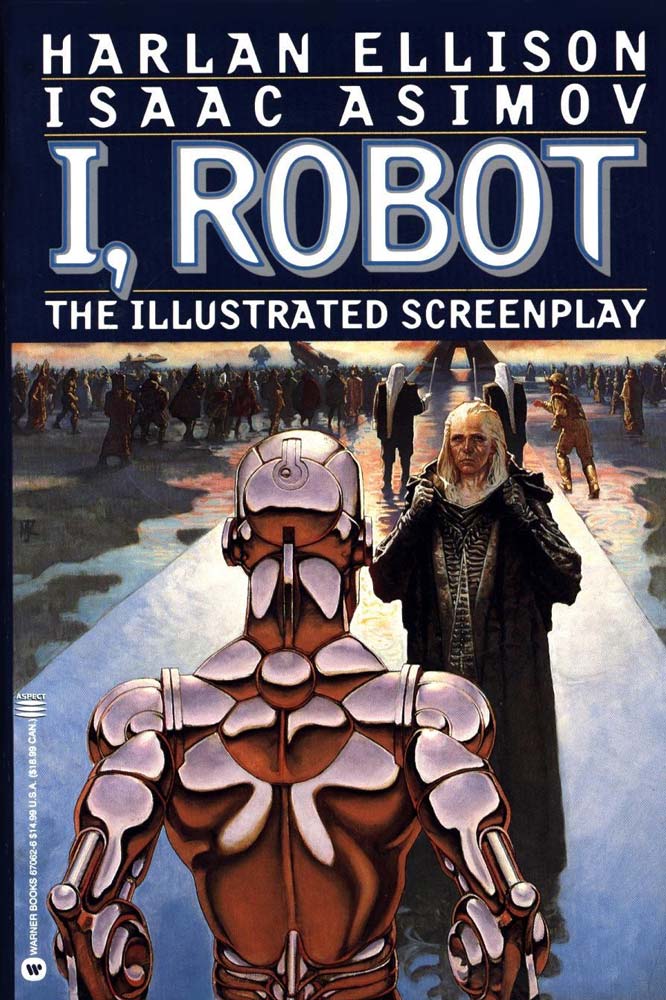
I, Robot
I, Robot by Isaac Asimov is a seminal work in the realm of science fiction, offering readers a compelling exploration of robotics, ethics, and the future of humanity. Through a series of interconnected short stories, Asimov introduces the Three Laws of Robotics, fundamental principles designed to govern the behavior of robots and ensure their adherence to ethical standards. As the stories unfold, readers are confronted with complex moral dilemmas and existential questions about the nature of artificial intelligence and its impact on society. With its thought-provoking themes, ingenious plots, and engaging characters, I, Robot captivates readers with its blend of speculative imagination and philosophical depth, cementing its status as a classic of the genre.
-
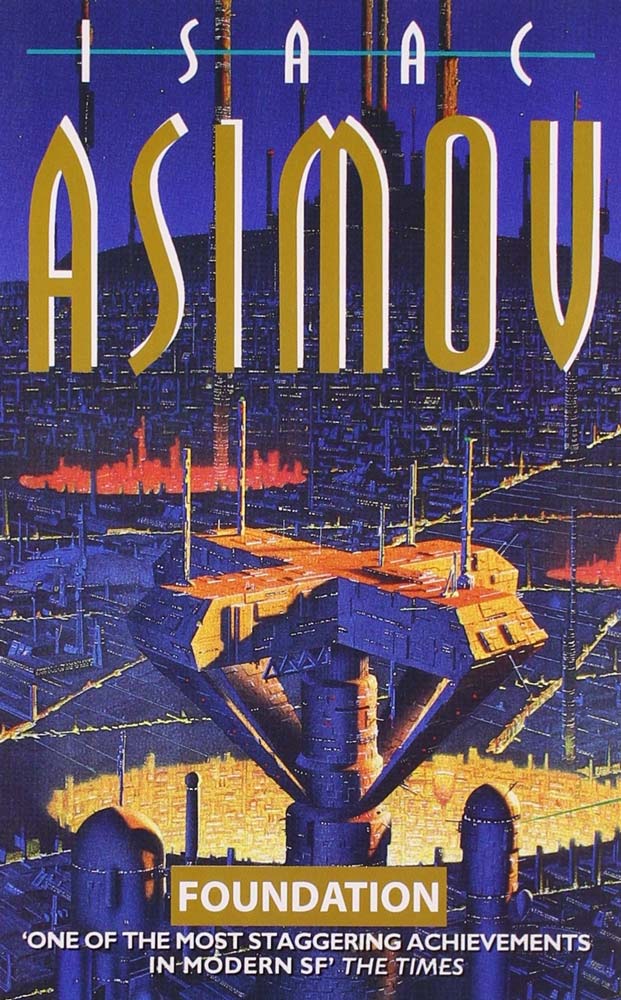
Foundation
Foundation by Isaac Asimov is a seminal work of science fiction that explores the rise and fall of civilizations on a galactic scale. Set in a future where the Galactic Empire is in decline, mathematician Hari Seldon predicts the inevitable collapse and establishes the Foundation to preserve knowledge and shorten the subsequent dark ages. As the Foundation navigates the tumultuous currents of history, it faces challenges from rival powers and unforeseen crises. Asimov's visionary tale of social engineering, political intrigue, and the power of ideas has captivated readers for generations, earning its place as one of the cornerstones of the genre.
-
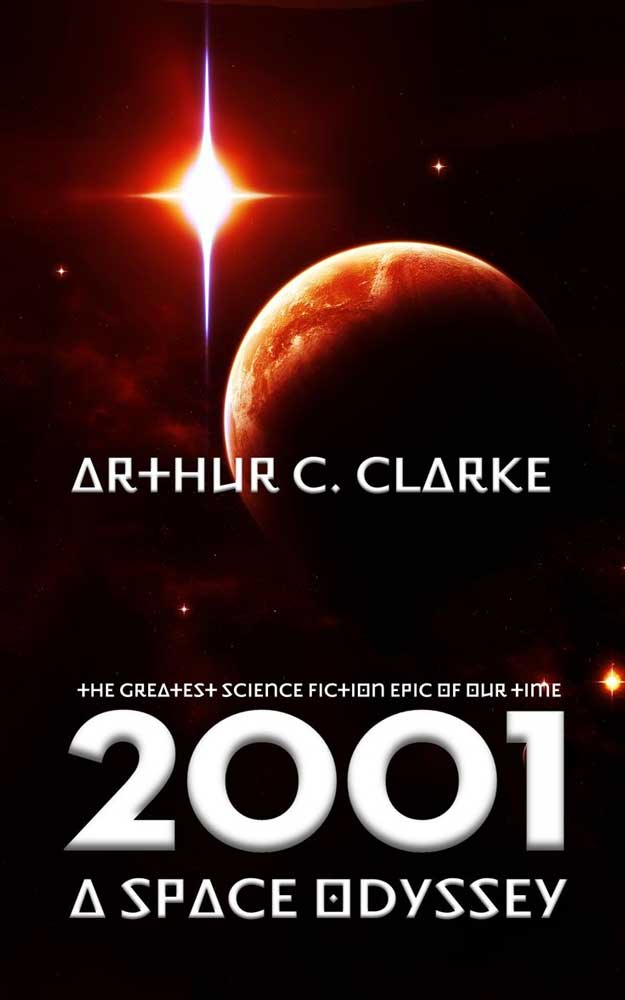
2001: A Space Odyssey
2001: A Space Odyssey by Arthur C. Clarke is a timeless masterpiece that transcends the boundaries of science fiction, offering readers a profound exploration of human evolution and the mysteries of the universe. Clarke's visionary narrative takes us on a journey from the dawn of mankind to the far reaches of outer space, where an enigmatic monolith holds the key to humanity's destiny. With its groundbreaking ideas, evocative prose, and mind-bending concepts, 2001 challenges readers to contemplate the nature of existence and our place in the cosmos. A monumental achievement that continues to inspire and provoke thought, 2001: A Space Odyssey remains a seminal work in the genre, captivating generations with its sheer brilliance and visionary scope.
